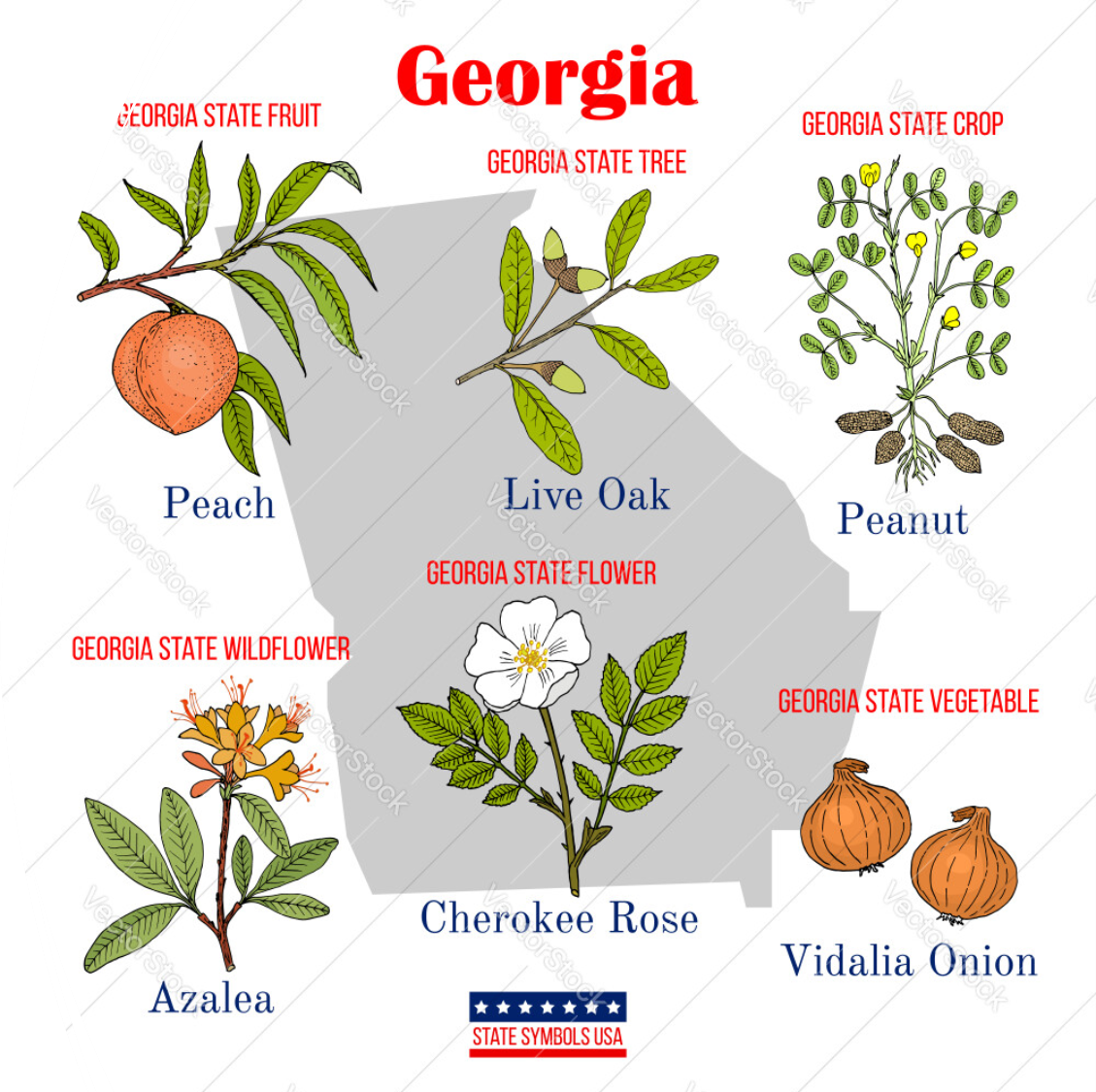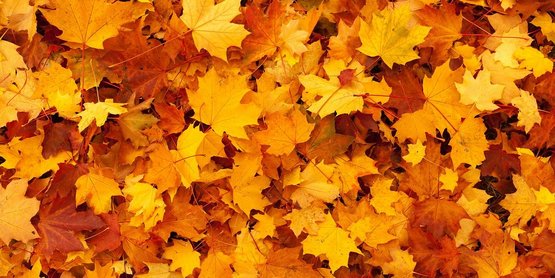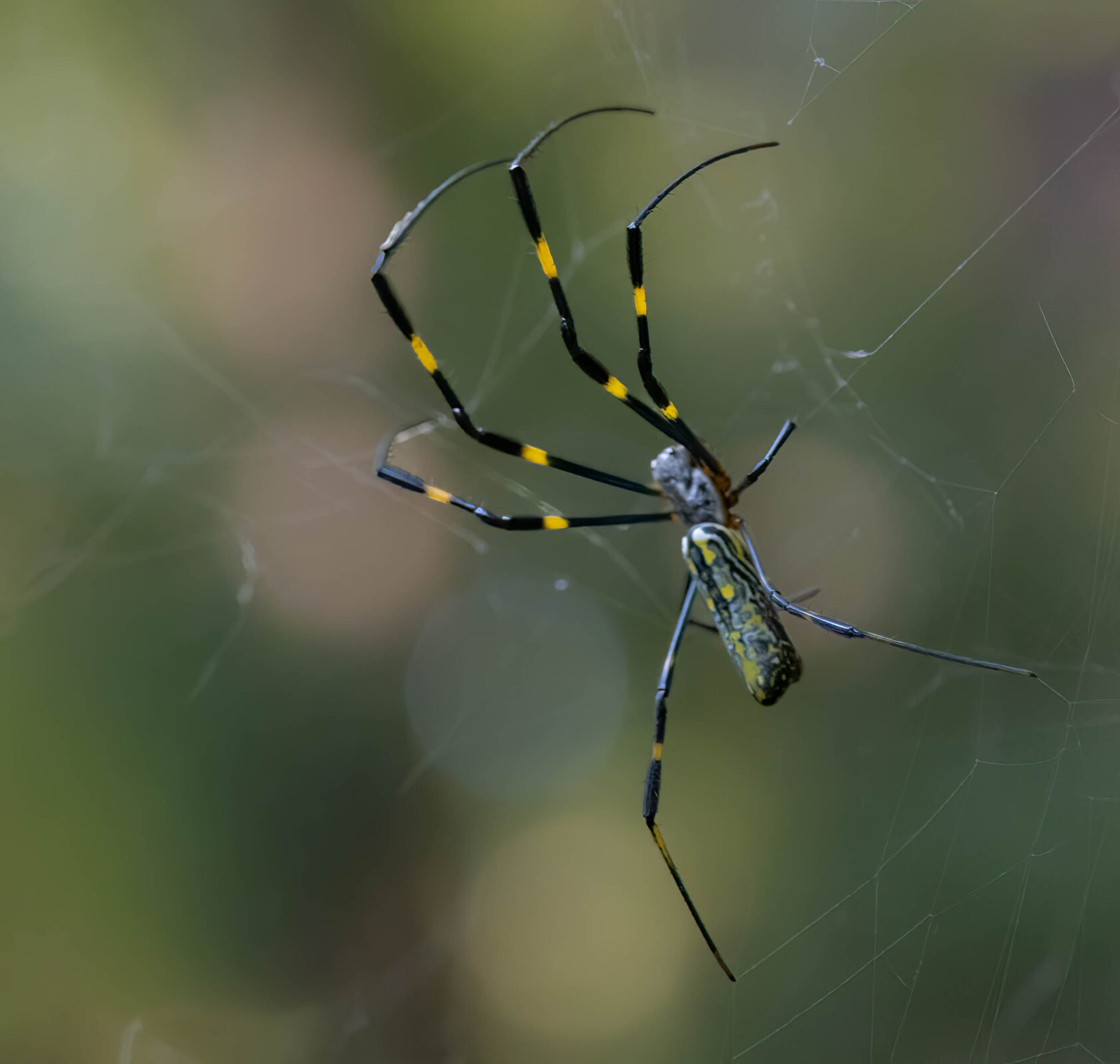Guest Author: Phillip Prichard
-

Being from South, we are all familiar with kudzu, the invasive vine that ate the South. However, are you familiar with the other invasive plants? Invasive species are any species that are non-native and harm the local ecosystem. When these non-native plants and animals establish themselves in our local ecosystems, they outcompete and dislodge species…
Posted in: Uncategorized -

As we transition from fall into early winter, we imagine the beauty of spring wildflowers. You can set the stage for a healthy, vibrant spring garden by aligning your planting strategy with nature’s rhythm. But as with anything, success depends on several key factors, including timing, preparation, and knowing your local climate. We are in…
-

Close your eyes, you are sitting on your porch, “Georgia On My Mind” is playing in the background. You are eating a juicy peach* and then you hear an American green tree frog melodious trill. Does this make you think of the other Georgia symbols? Most of the symbols denote agriculture, nature, and flowers. Agribusiness…
-

Where do insects and other invertebrates go in the winter? The vast majority “overwinter,” or spend winter, right where they spent all summer — just less active and more hidden. Think twice before you rake, mow, and blow this year. Invertebrates rely on fallen leaves and other organic debris to cover and insulate them from…
Posted in: Uncategorized -

Just in time for Halloween — the spooky-looking creepy-crawly Joro spider has reached the north Georgia area. Native to Japan and China, Joro spiders are believed to have made the trek overseas by hitching a ride in a shipping container. The striking arachnid has been sighted in Paulding County. The spiders are known for their…
-
Hummingbird moths have been seen as a lucky omen. In particular, a swarm of the moths was seen flying across the English Channel on D-Day, the day of the Normandy landings in the Second World War. Spiritually, the hummingbird moth is seen by some cultures as a symbol of peace, prosperity, longevity, and good fortune. One of the most enjoyable insect visitors to…
Posted in: Uncategorized -
Without pollinators, people and earth’s environment would be in jeopardy. Of the 1,400 crop plants grown around the world, those that produce all our food and plant-based industrial products, almost 80% require pollination by animals. Visits from bees and other pollinators also result in larger, more flavorful fruits and higher crop yields. We have pollinators…
-
A naturalist is any person who studies the natural world. Naturalists make observations of the relationships between organisms and their environments, as well as how those relationships change over time. Well-known examples of naturalists in history include Charles Darwin, John Muir, Rachel Carson, and William Batrum. Notable naturalists in recent history include Janisse Ray, Steve and…
-
Ruby-throated hummingbirds migrate north from their wintering grounds in Mexico and Central America. They arrive in Georgia in the spring between late March to early April. Migration depends on the weather and food sources. We need to be prepared for the hummingbirds’ arrival by putting out feeders by mid-March. We should fill the feeders with…
-
By Phillip Prichard, Master Gardener Extension Volunteer It’s January it is cold, probably deary and you’re eager to put gardening skills to work. First, take a mental note through your 2024 garden, or review notes or photos. If you didn’t take any notes, plan to keep records in 2025. List anything you want to do,…
Posted in: Winter